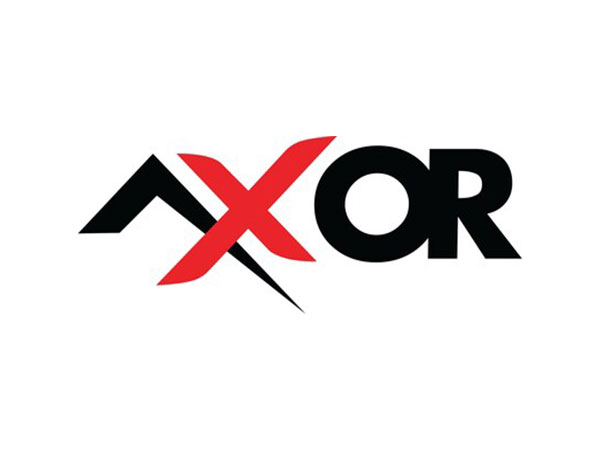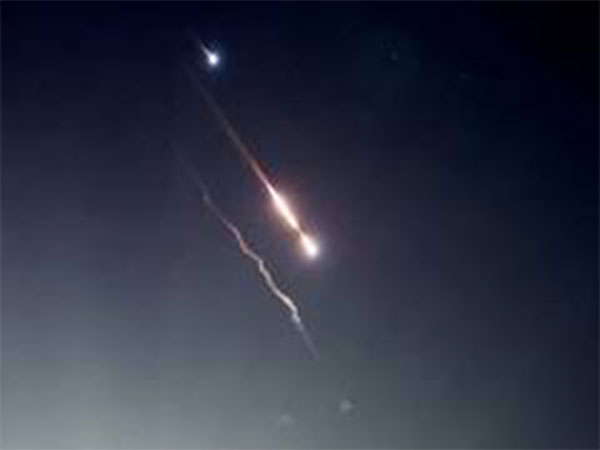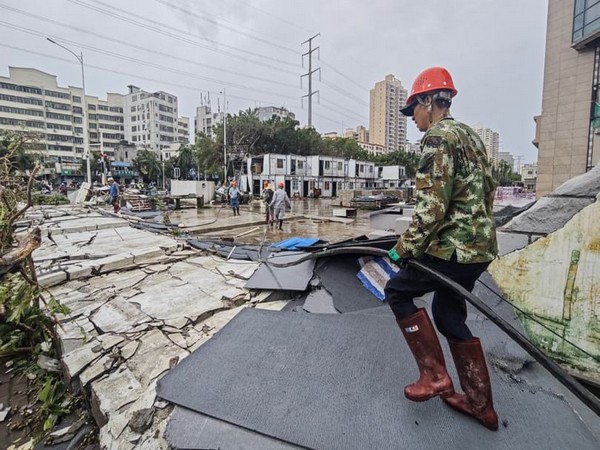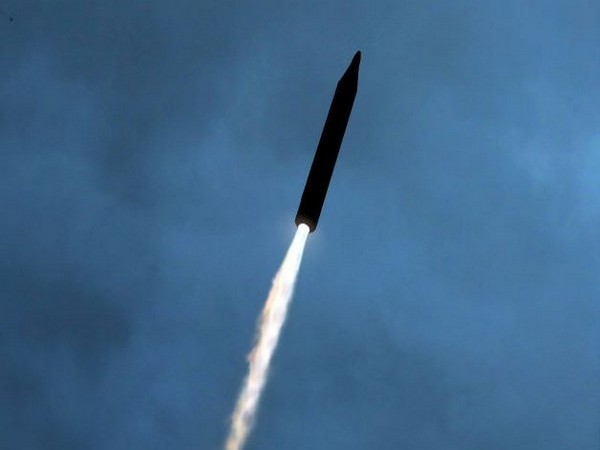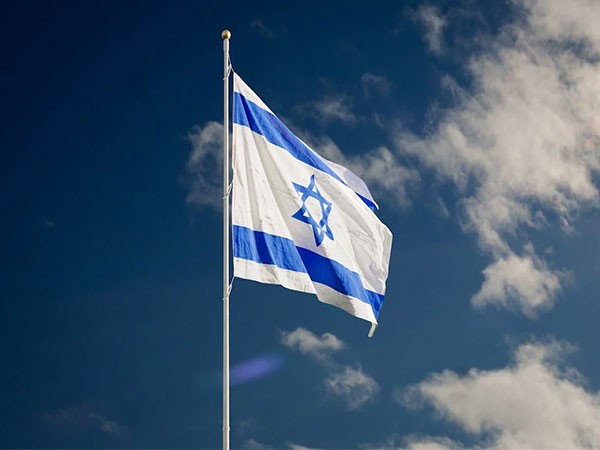
Israel attacks Rafah, the 'furnace' of the Middle East gets hotter
May 09, 2024
Tel Aviv [Israel], May 9: Despite glimmering signals about the possibility of negotiations between Israel and Hamas, Rafah is still almost a target that Tel Aviv cannot ignore, while the situation in the Middle East continues to be tense.
Yesterday, Aljazeera Radio reported that Israel continued to bomb the city of Rafah in the Gaza Strip
Israel's war
Meanwhile, The Time of Israel newspaper reported that the administration of US President Joe Biden has decided to temporarily suspend the transfer of some heavy bombs to Israel. This is considered a "serious" move by President Biden to send a message to Israeli Prime Minister Benjamin Netanyahu to stop landing at Rafah, which is believed to lead to catastrophic consequences for the Palestinian people. UN Secretary General Antonio Guterres warned that if Israel landed an attack on Rafah, it would be "a strategic mistake, a political disaster and a humanitarian nightmare".
Meanwhile, Reuters
Also yesterday, in response to Thanh Nien , a defense intelligence expert, a former US army colonel who once ran a NATO military intelligence department in the Balkans, commented: "The conflict has entering the final phase. Rafah is the last stronghold of Hamas in Gaza. Israel has been rehearsing and preparing for this attack for the past few weeks."
The expert predicted: "The occupation of Rafah will take 5-10 days and the loss of life will certainly be very heavy, especially for the Palestinians. Hamas leaders are hiding in the tunnels in Rafah."
"Politically, Israel's attack will increase protests and unrest in Europe and the US. Iran and the Houthi forces in Yemen will try to expand the conflict along Israel's northern border and in the Red Sea. However, Iran itself will not attack because its previous attack on Israel failed too much. Tehran is also afraid of retaliation from Tel Aviv in Lebanon will conduct artillery and rocket attacks against Israel's northern cities and settlements," the expert commented, adding: "At the same time, the Houthis will conduct many attacks." "More attacks on maritime shipping activities in the Red Sea and the Gulf of Aden, but the likelihood of effectiveness is not high because the US and its Western allies are tightening their grip around Yemen."
"So, there will not be an outbreak of "Middle East war" as the Western media warns, but political protests and violence in the US and Europe will spread. Possibly, the attack The Rafah offensive will end before mid-June," the expert added.
America "covers" Israel
In fact, it seems that the US is also ready to prevent risks from Houthis
Business Insider yesterday quoted an announcement from the US Navy saying that the USS Dwight D.Eisenhower aircraft carrier strike group is on its way back to the Red Sea. Recently, after about 6 months of operation in the Red Sea, the USS Dwight D.Eisenhower left for a short time to re-equip. This return is seen as a readiness to sortie to intercept missiles and attack Houthi forces if necessary.
Recently, the US Navy spent nearly 1 billion USD to launch missiles against Houthi threats. In addition to intercepting air attacks, US forces have also conducted attacks in Yemen. Speaking at a hearing of the US Senate Armed Services Committee last week, Director of National Intelligence Avril Haines warned lawmakers that the Houthis "will remain active for some time".
Meanwhile, despite Washington's pressure on Tel Aviv regarding the attack on Rafah, Israel believes it is still coordinating very well with the US. Speaking at a conference yesterday, Rear Admiral Daniel Hagari, spokesman for the Israel Defense Forces, affirmed that coordination between Israel and the US has reached "a scope unprecedented - I think - in history".
Source: Thanh Nien Newspaper



